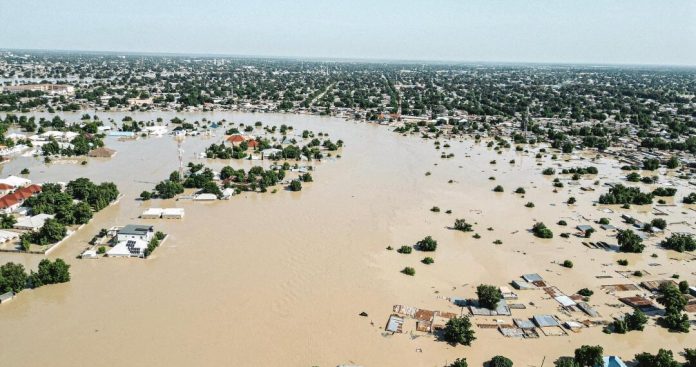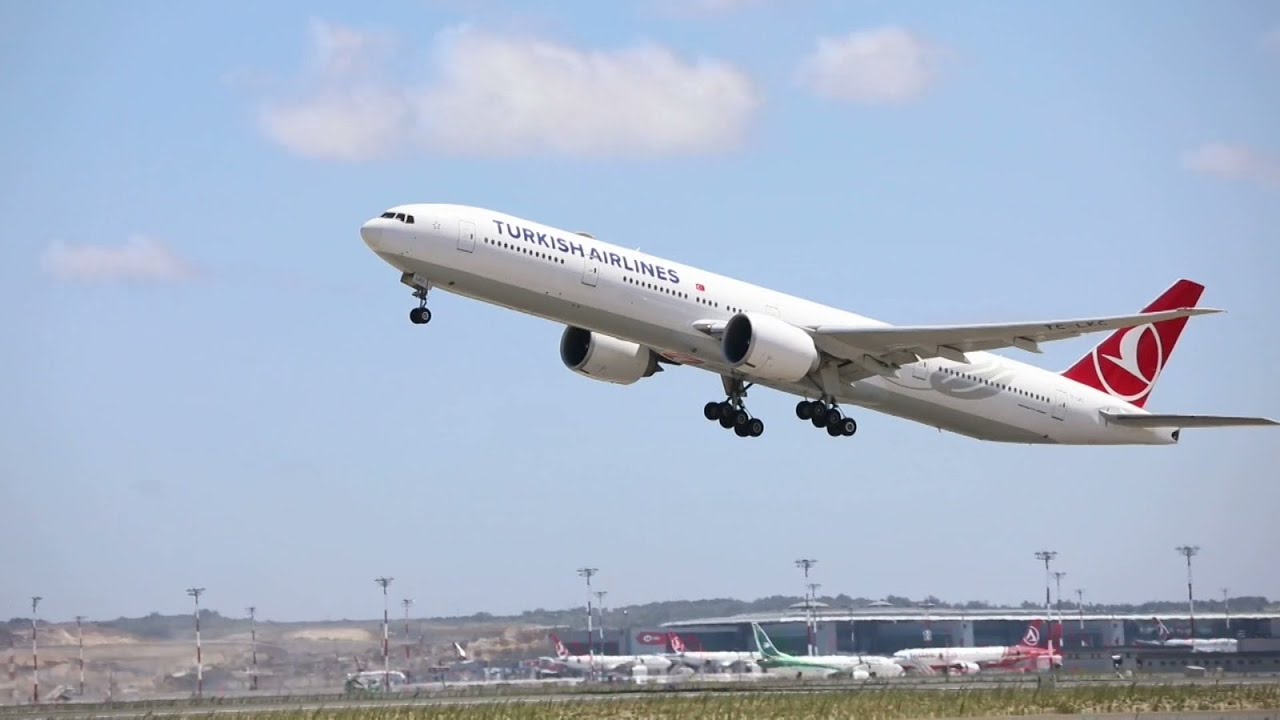The African Development Bank (AfDB) allocates a $1 million grant from its Special Relief Fund to support emergency food assistance in flood-affected communities across Northeastern Nigeria. This initiative, in partnership with the World Food Programme (WFP), seeks to alleviate the growing food insecurity caused by severe flooding in the region.
The intervention comes in response to devastating floods in Borno in September 2024, which have worsened an already critical food crisis in a region facing the combined impacts of conflict, displacement, and poverty. The funding aims to provide essential food supplies to thousands of vulnerable individuals in urgent need of help.
David Stevenson, WFP’s Country Director in Nigeria, shares that the floods have displaced families who had started rebuilding their lives after years of violence. These families now face even greater challenges in securing food and meeting their basic needs.
“The African Development Bank’s support is timely and serves as a lifeline for those struggling to feed themselves amid rising food prices and economic turmoil,” Stevenson explains.
The Cadre Harmonisé analysis, a biannual assessment of food security, projects that 33 million Nigerians could face food insecurity by August 2025. Stevenson points out that this grim forecast highlights the urgent need for aid to mitigate hunger in the affected regions.
Abdul Kamara, AfDB’s Director-General for Nigeria, expresses hope that the funding will ease the suffering of the affected communities. He commends the Nigerian government and WFP for their efforts to improve the lives of Nigerians despite the challenging circumstances.
Kamara emphasizes that the $1 million grant complements AfDB’s ongoing initiatives, such as the restructuring of the Programme for Integrated Agricultural Development and Adaptation to Climate Change (PIDACC) and the Inclusive Basic Service Delivery and Livelihood Empowerment Programme. These programs continue to provide essential services in Borno, Yobe, and Adamawa states.
WFP’s efforts in Borno State include delivering food and nutrition assistance to one million people each month. In addition to food aid, WFP trains healthcare workers to manage acute malnutrition among women and children, promoting better nutrition practices.
AfDB plays a pivotal role in Nigeria’s economic and social development, funding key projects across various sectors. Through investments in infrastructure, agriculture, healthcare, energy, and financial inclusion, AfDB supports Nigeria’s economic transformation and helps improve livelihoods nationwide.
The UN World Food Programme, the largest humanitarian organization globally, remains a critical partner in providing food aid during emergencies. WFP’s work extends beyond immediate relief, as it supports long-term efforts to combat hunger, malnutrition, and poverty, particularly in conflict-affected and climate-impacted regions. Through its collaboration with AfDB, WFP continues to assist vulnerable communities while promoting peace, stability, and resilience.












